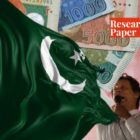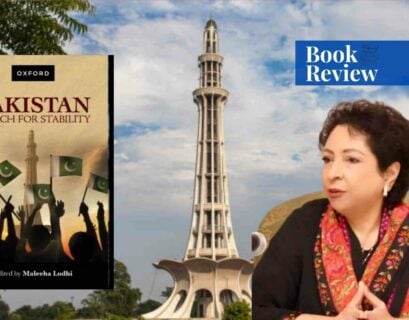Ms Ayesha Zafar is currently pursuing her Bachelor's in International Relations from National Defence University, Islamabad. She has authored multiple academic publications including research articles and book chapters. Her areas of interest include Middle Eastern politics, the geopolitics of Central Asia, and the Indo-Pacific region
A 16-Year Reign
After sixteen years of service, former German Chancellor Angela Merkel is finally stepping down from power. Over the years, she has assured for herself a big name in the books of history. From the time, she took charge as the first female chancellor of Germany on Nov 22, 2005, Merkel strived hard to raise Germany’s profile and was devoted to keeping the EU as tightly knit as possible.
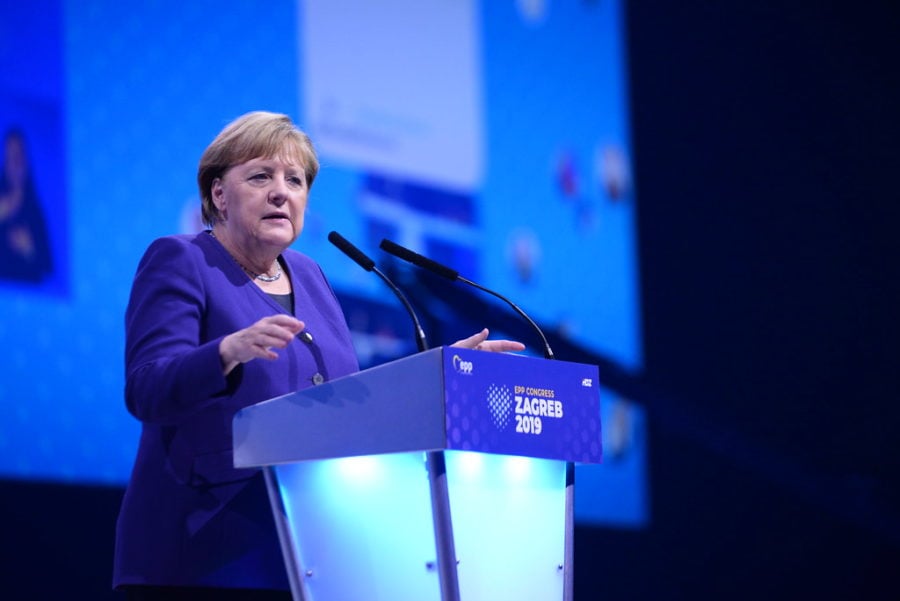
Being named the world’s most powerful woman by Forbes magazine for the past ten years in a row, Merkel has broken the shackles of male dominance in politics. Serving alongside four U.S. presidents, four French presidents, five British prime ministers, and eight Italian premiers, she has proved to the world that women are equally competent to lead at the front.
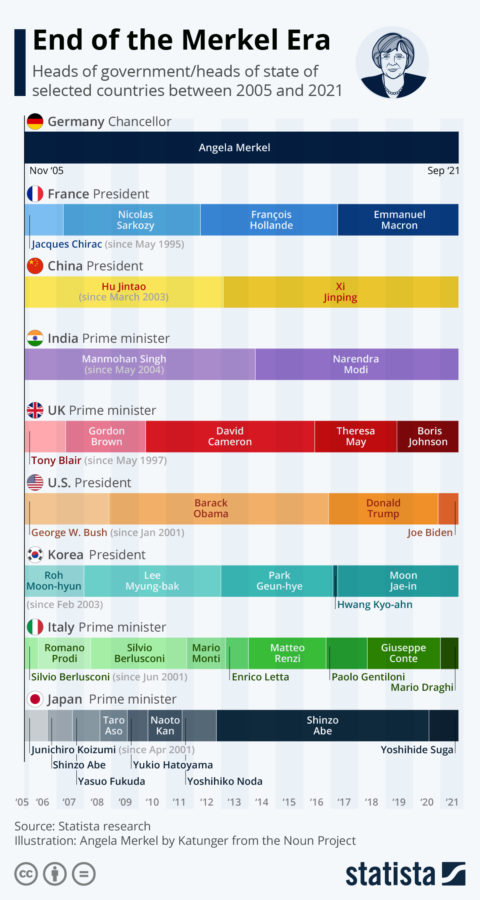
Angela Merkel’s political carrier began at the age of 35 when she became the leader of the Christian Democratic Union in 2000, and later the Chancellor of Germany in 2005. However, the biggest challenge came right after three years of her service when the 2008 economic recession broke out.
During those distressing years, she remained committed to Germany’s economic reforms and did her best to make Germany the most powerful economy in the European Union. Today, Germany is ranked the 4th largest economy in the world with a GDP of $4.0 trillion, and its share in the EU GDP accounted for $27.4 according to 2019 statistics.
Economic Prosperity & International Diplomacy
Henceforth, Merkel’s contributions to the economic growth of Germany are worth appreciating. Apart from this, German Chancellor Angela Merkel received much popularity for her role in negotiating the treaty of Lisbon, the Berlin declaration, the Next Generation EU (NGEU) fund, and for de-escalating the tensions between Russia and Ukraine in 2014.
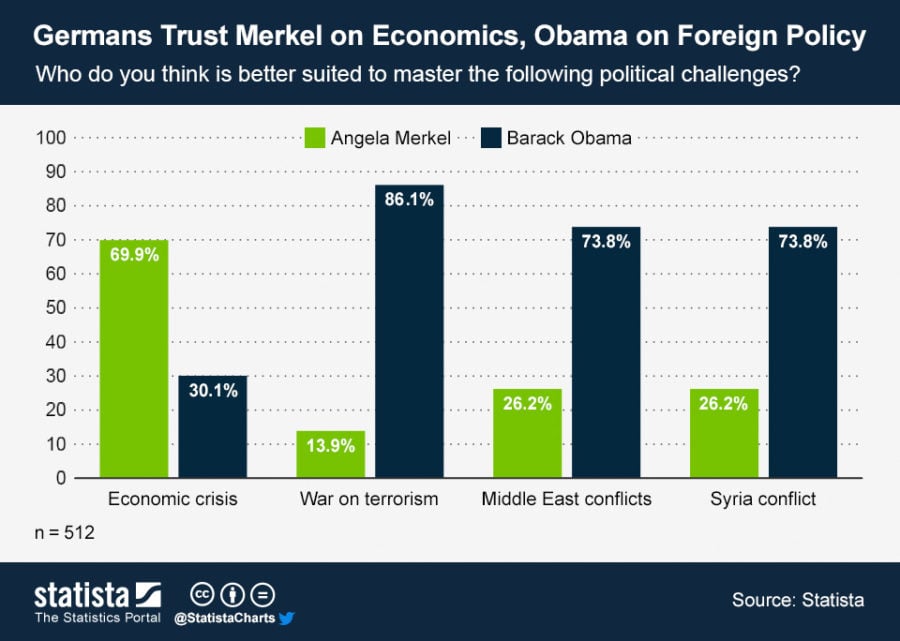
Nevertheless, the most important among all is the Syrian refugee crisis when Merkel decided to open Germany’s borders for more than a million refugees, which prompted severe criticism from the public and the members of her political party. However, today, she is leaving Germany with lower unemployment rates and healthier finances.
Praising her efforts for Germany, Sudha David-Wilp, the deputy director of the Berlin office of the German Marshall Fund of the United States stated, “When she first came onto the scene in 2005, a lot of people underestimated her, but she grew in stature along with Germany’s role in the world”.
Endless Praise for German Chancellor Angela Merkel
Moreover, the former US President, Barak Obama, appreciated her years of commitment in a video message at Merkel’s final European Union summit in October, “Thanks to you, the center has held through many storms,”. Not just Obama, but former US President George W. Bush has equally appreciated her devotion to Germany. He stated “Angela Merkel brought class and dignity to a very important position and made very hard decisions … and did so based upon principle. She is a compassionate leader, a woman who was not afraid to lead.”
This shows how much popularity and respect she has gained over the years of service for Germany as a Chancellor. Nonetheless, this tiring journey has finally reached its end with German Chancellor Angela Markel leaving office at the age of 67 and her successor, Olaf Scholz (serving as Germany’s finance minister since March 2018) taking office after winning the federal election in September.
In an address to the public, German Chancellor Angela Merkel stated that “I think we have to open a new chapter, and it’s time for me to share some of my decisions. I will not be a candidate for the presidency of the CDU and this fourth term is my last as chancellor of Germany”. With this comes an end to the long-term hold her political party, the Christian Democratic Union (CDU), had over German politics.
A New Era with German Chancellor Olaf Scholz
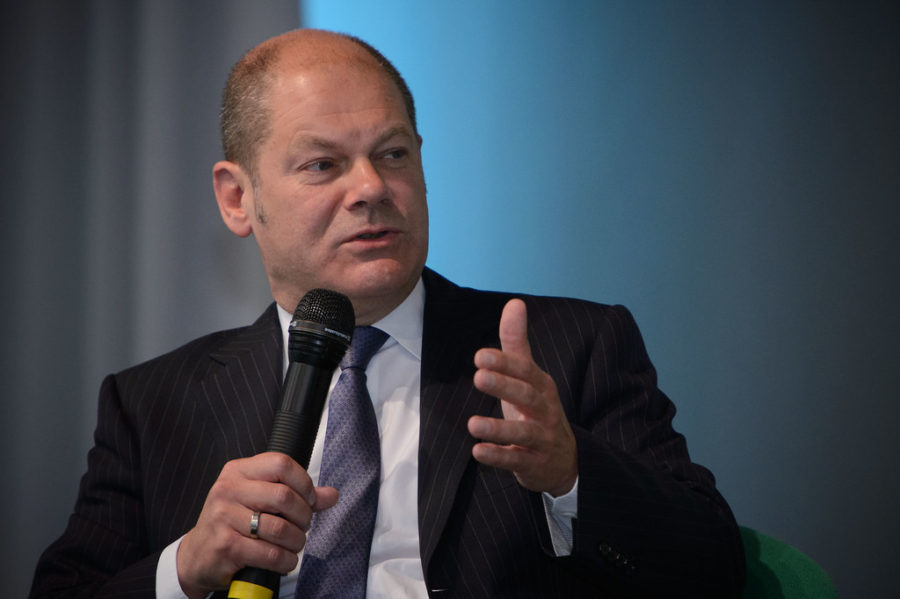
Interestingly, Olaf Scholz had to use a female version of the German word for Chancellor during his election campaigns to imply that his ruling of Germany would be much like that of German Chancellor Angela Merkel. This is largely because German voters have always preferred stability. However, if we compare this to US politics, their President’s party struggles to hold the White House for more than two straight terms and even fights begin right in the mid-term election.
Chancellor Olaf Scholz has, along with his coalition parties including Social Democratic Party (SPD), the Greens, and the Liberals, pledged to revolutionize Germany and work with other democracies around the world including the US to strengthen the EU. Interestingly, the new coalition is referred to as the ‘three traffic lights’ because of the three colors it represents; red for Social Democratic, Yellow for liberals, and Green for Liberals.
Such a blend will entirely be reflected in their policy pursuance, with the liberals advocating more for human rights, social democrats for social welfare, and the green party backing a much safer environment for the citizens. In his public address, Olaf Scholz stated that he wanted to see “more progress” for Germany after years of stagnation and was determined to bring substantial changes to the system.
Commitments by Chancellor Scholz’s Coalition
Olaf Scholz is expected to levy high taxes for the wealthy, as he proposed a three-point increase in the top tax rate to around 45% and the reinstatement of a wealth tax. Moreover, he is committed to increasing the minimum daily wage from $12 an hour to around $14 an hour just as in other countries. On the social welfare issue, he has pledged not to raise the retirement age any further since it will come at the expense of the young population.
For climate change, Scholz vowed to introduce a nationwide speed limit of 130 km/h, and to reduce carbon emissions leading to global warming, he called for increasing the number of electric vehicles. Importantly, the investment in infrastructure seems vital as he has sworn to build around 100,000 units of subsidized housing to provide people with affordable homes. Altogether, the coalition has vowed to be a reform team.
Nevertheless, it has to be very clear in its approach towards China and Russia since Germany’s trade with China in 2020 totalled €212.9 billion compared to €171.5 billion with the United States, €147.3 billion with France, €114.4 billion with Italy, and €101.6 billion with the United Kingdom. Not just this, much of Germany’s employment and income depends on trade with China, therefore it has to take every step with great caution.
Germany under Olaf Scholz has to keep a balance between the market for the economy and Chinese human rights abuses. Moreover, relations with Russia will be another major challenge since both states are long held in a dispute over the issue of Eastern Ukraine. Foreign Minister Maas stated that “Moscow should take steps to de-escalate tensions, resolve conflict in eastern Ukraine”.
All Eyes on Germany
Angela Merkel’s retirement marks the end of an era and the beginning of a new one in German politics. Important is to see how Germany will maintain its leadership role within the EU, and how proactive will be the new Chancellor at keeping Germany at the forefront on all issues.
As German Chancellor Angela Markel stated, “I am now leaving the European Union in my capacity as chancellor at a time when there is cause for concern, we also have a range of unresolved problems and the task of facing my successor is monumental one of them is the question of the rule of law but there is also the question of migration which we have not yet resolved between us”.
Hence, 63-year-old Olaf Scholz has to face a lot of pressure since time has finally reached to work on the four-year pact sealed a month ago titled “Dare for More Progress”. It entailed that SPD was determined to make the EU more effective and democratic, and will press for an EU that protects its values and rule of law both at home and abroad. We have a chance for a new beginning for Germany”.
Conclusively, German Chancellor Angela Merkel has defined German politics for about 16 years and now she is leaving the big shoes to be filled by Olaf Scholz and his coalition parties. Germany has tried to be more economically engaged rather than assuming a leadership role in politics. Experts believe that a country of 80 million that is located at the center of Europe will have to play a major role in the political domain as well lest authoritarian forces eager to divide it take the opportunity.
A lot of expectations are attached with the centre-left Social Democratic Party, and a major turn is likely on the trans-Atlantic and global issues, however much is still left to unfold. Only time will speak for whether Merkel’s retirement was proven any good for Germany or was it an ill-fated decision.
If you want to submit your articles and/or research papers, please check the Submissions page.
The views and opinions expressed in this article/paper are the author’s own and do not necessarily reflect the editorial position of Paradigm Shift.




